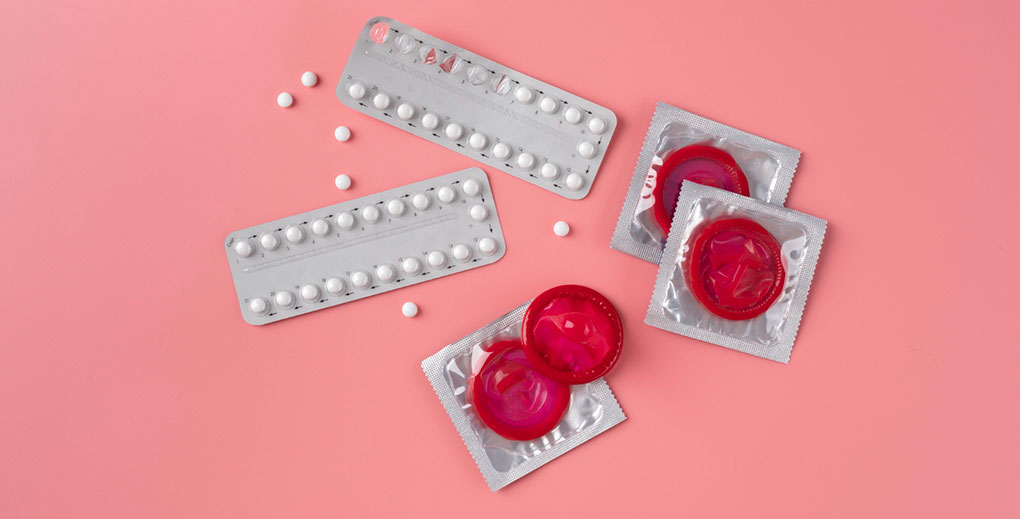The effectiveness of emergency contraception is a crucial topic in reproductive health and family planning. Emergency contraception, often referred to as the “morning-after pill,” provides individuals with a means to prevent unintended pregnancies when regular contraception methods have failed or were not used. In this discussion, we will explore the various forms of emergency contraception, their mechanisms of action, and the factors that influence their effectiveness in preventing pregnancy. Understanding the effectiveness of emergency contraception is essential for informed decision-making and ensuring reproductive autonomy.
Emergency Birth Control Effectiveness
Emergency contraception is an option that women can choose to reduce the risk of pregnancy after having unprotected sexual intercourse or if their contraceptive fails. Emergency contraception has been available for more than 30 years and is a safe and effective birth control method. The effectiveness of emergency contraception varies with each method. In general, emergency birth control effectiveness is fairly high.
General Overview
There are two main factors that influence the effectiveness of emergency contraception:
- The amount of time that has gone by since the incident of unprotected intercourse (so, the sooner emergency contraception is used after unprotected intercourse, the more effective it is)
- The point in a woman’s cycle when she has sex (the effectiveness decreases the closer a woman is to ovulation at the time of having unprotected sex).
In general, of every 100 women who do not use emergency contraception, 8 will typically become pregnant after having unprotected sex once during the second or third week of their cycles.
Plan B One-Step and Progestin-Only Pills (like Ovrette)
- Effectiveness: when initiated within 72 hours after unprotected intercourse, Plan B One-Step and progestin-only pills reduce the risk of pregnancy by 89%
- Pregnancy Rate: Out of every 100 women, only 1 will become pregnant after taking progestin-only emergency contraception or Plan B One-Step
- According to the manufacturer of Plan B: “About 7 out of every 8 women who would have gotten pregnant will not become pregnant. Plan B One-Step works even better if taken within the first 24 hours after unprotected sex.”
- STD Protection: Offers no protection against STDs
Combination Birth Control Pills
- Effectiveness: when used as emergency contraception and started within 72 hours after unprotected sex, combination pills reduce the risk of pregnancy by 75%
- Pregnancy Rate: Out of every 100 women, only 2 will become pregnant after using combination emergency contraception
- Protection Against STDs: Offers no protection against STDs
Emergency contraception is meant to be a backup birth control method. It is not as effective as the correct and consistent use of other reversible prescription birth control methods. Neither type of emergency contraceptive pill will continue to prevent pregnancy during the rest of a woman’s menstrual cycle, so other birth control methods must be used.
Emergency Contraception may be started up to 120 hours (five days) after unprotected intercourse to reduce the risk of pregnancy (though the sooner emergency contraception is used after unprotected sex, it’s birth control effectivness is increased).
Pargard IUD
- Effectiveness: when the Paragard IUD is inserted as emergency contraception within five days after unprotected sex, it reduce the risk of pregnancy by more than 99%
- Protection Against STDs: Offers no protection against STDs
- In fact, women who are at the most risk for STDs: (those who have had unprotected sex with infected partners, are victims of sexual assault or who use IV drugs or have a partner who does), should probably not seek out an IUD for emergency contraception. This is because bacteria from a preexisting infection can be introduced into the uterus during the IUD insertion, and if left untreated, could lead to pelvic inflammatory disease.












